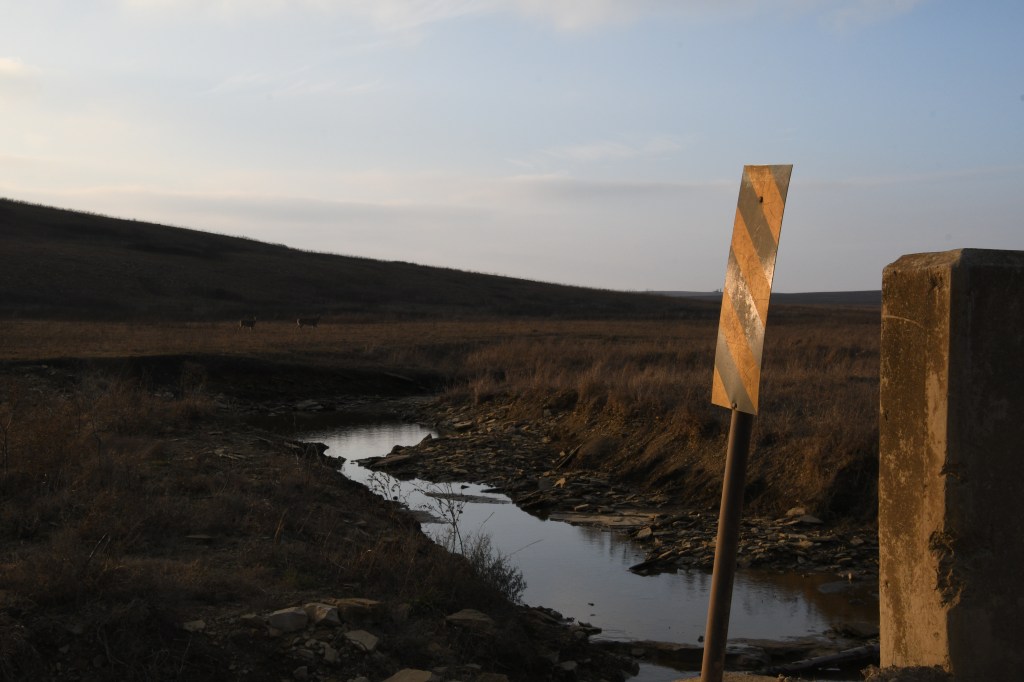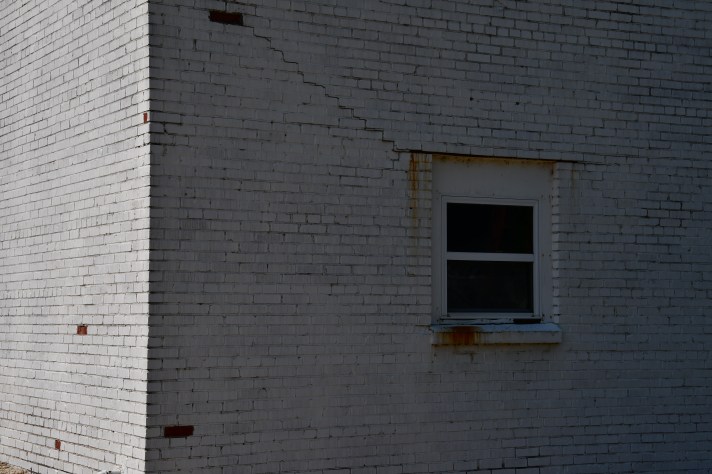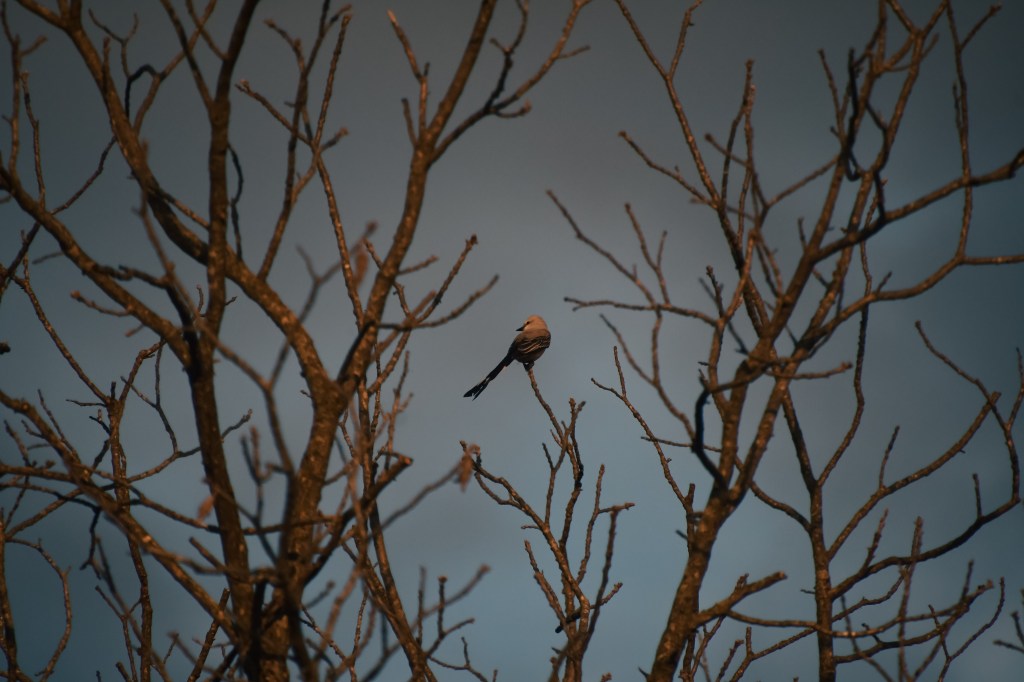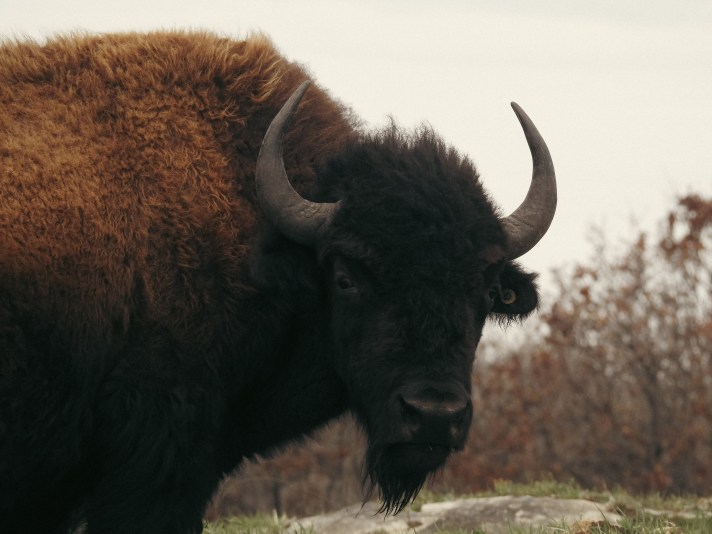
I cast into low-hanging sun, the line sparkling
gold and lying slack across the surface in the first
of three inlets, the rock edge rising steep from the
water like snowbanks. A pug-faced boy sells perch
and crappie from a white construction bucket slung
over his shoulder with a yellow piece of rope. He says
the secret is raw bacon and sits on the edge of the rock
face to watch his callused feet dangle over the side.
He talks with his back to me.
Clouds gather in the west for a moment and
a southern wind adds a chill, making little sense
for June in Muskogee County. I peek over my shoulder
to see if the boy is looking, but he still addresses himself,
so I reel in my three-hook rubber worm named
Bass Stopper for reasons I’ll never comprehend.
The second inlet has offered more success in the past.
Bluegill and small bass have easily been fooled on more
than one occasion, though not often enough to brag.
The middle inlet is more lively than the first – snakes
swim into my shadow and bolt deep into the lake and
blue herons jab at frogs and minnows where the lily
pads begin. I’ve watched largemouth, ignoring all
shiny and feathered ornaments tied by clinch knot,
sunbathe in the shallow of this fingered inlet – rolling,
white bellies shining, a single fin surfacing as if to wave
better luck next time.
A dusty two-track weaves around hickory and oak
patches and hugs the shoreline, connecting the three inlets
like a traced hand as white lotus lilies fold in the blue hue
of early evening. A straightness of least terns glide above
the third inlet like salt swept from a tabletop.
Lightning flashes in its cloudy belly
where the gray pages overlap and
I can see it on the water.









